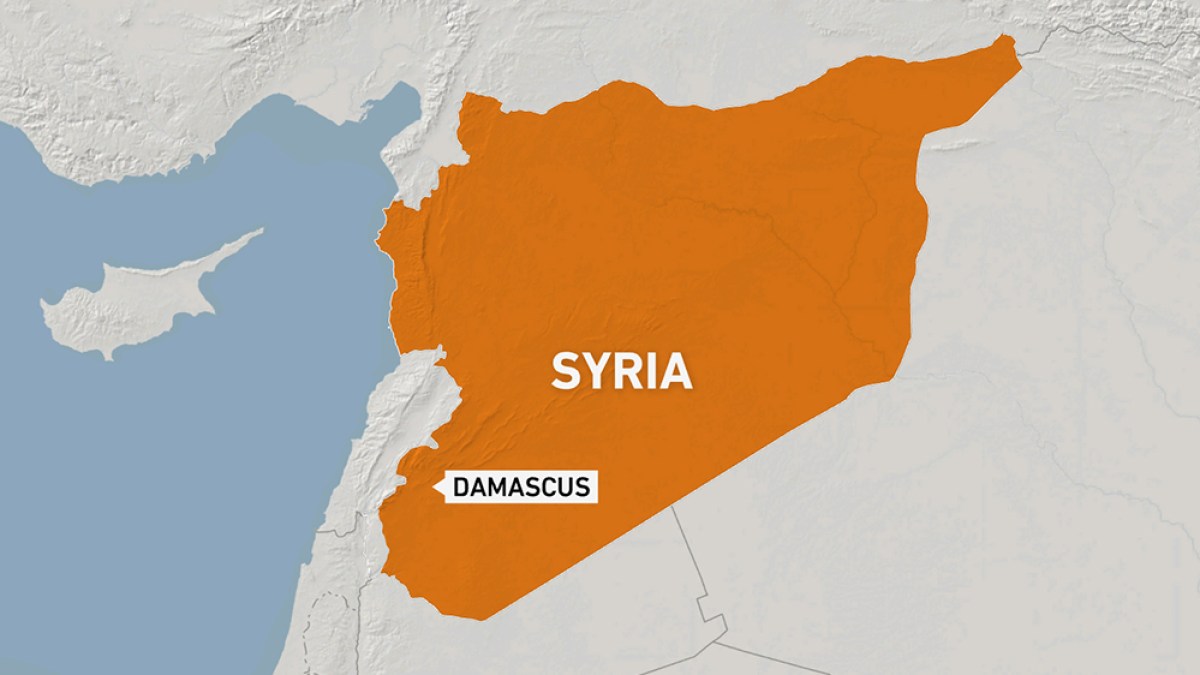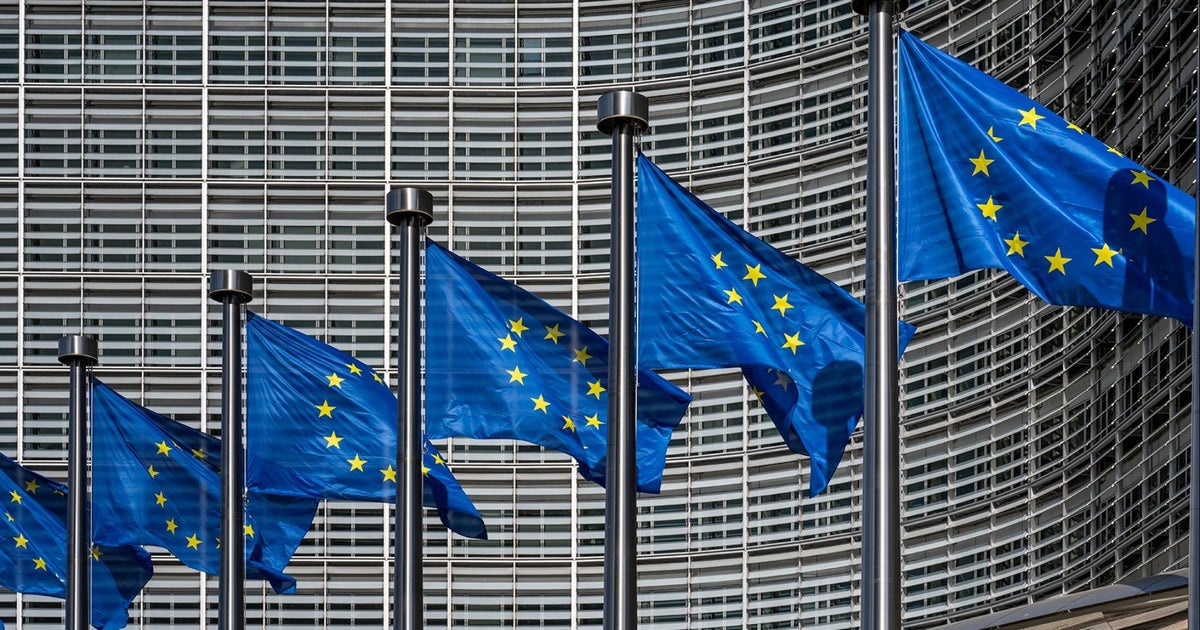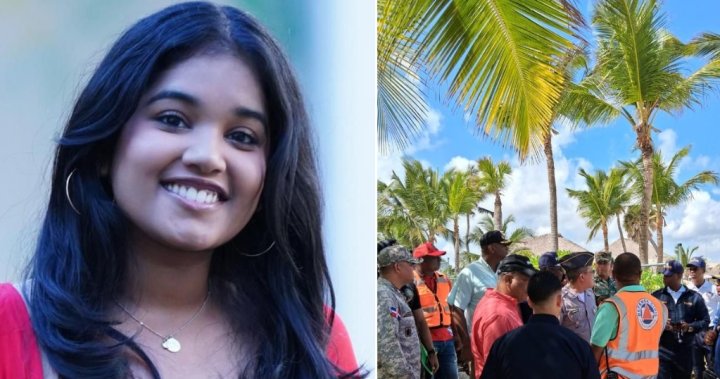DONALD Trump has warned that Europe sending troops to Ukraine after a peace deal could end up in a catastrophic World War Three.
The US president has also called for Kyiv to hold fresh elections before a ceasefire is achieved - meaning Volodymyr Zelensky could be ousted.
It comes after top diplomats from the US and Russia held historic peace talks on Tuesday.
Speaking to reporters from his flashy Mar-a-Lago estate in Florida, Trump said Ukraine's leadership allowed a war to go on that "should've never happened".
He also warned the conflict could escalate into a global war if Europe sends peacekeeping forces to Ukraine, as suggested by Sir Keir Starmer and backed by other European leaders.
Trump said: "[The war] could end up in a World War Three. Europe is saying they want to send troops to Ukraine.
More on Russia-Ukraine war
"All of a sudden you are going to end up with World War Three."
Meanwhile, top diplomats from Russia and the US today met in Saudi Arabia to negotiate an end to the war in Ukraine.
Present at the negotiating table was US Secretary of State Marco Rubio, Trump's Middle East envoy Steve Witkoff and National Security Advisor Mike Waltz all sat down in Riyadh's Diriyah Palace.
They were joined by outspoken Putin cronies Russian Foreign Minister Sergey Lavrov and foreign policy advisor Yuri Ushako.
After some five hours of crunch talks, both parties agreed that elections should be held in Ukraine before a final peace deal is achieved.
The proposal has now sparked speculations that Zelensky could be ousted and a pro-Russian leadership could be installed in Kyiv.
Europe at war over troops in Ukraine peace plan & Sholz STORMS OUT of summit
Trump, however, emphasised that the proposal for a fresh election in Ukraine did not come from the Russian side - but from him.
He said today: "We have a situation where we haven’t had elections in Ukraine, where we have martial law, essentially martial law in Ukraine, where the leader in Ukraine, I mean, I hate to say it, but he’s down at 4 per cent approval rating, and where a country has been blown to smithereens.
“If Ukraine wants a seat at the table, wouldn’t the people have to say it has been a long time since they had an election?
“That’s not a Russian thing, that’s something coming from me and coming from many other countries also.”
During the crunch talks, The US delegation led by Rubio also agreed not to send any foreign troops to Ukraine.
This opposes Starmer's call, backed by other European leaders, to put peacekeeping troops in Ukraine as part of any peace deal brokered by the US President.
All we know from day one of the peace talks
- No new details on when Putin and Trump will meet
- Full embassy staffing agreed
- Both sides agree to create "high-level teams"
- Vlad will speak to Zelensky "if necessary"
- Proposal to hold fresh election before final peace deal
- Russia won't allow Ukraine to join Nato
- No foreign troops would be sent to Ukraine
- Kremlin wants to end Western sanctions
- Zelensky postpones Saudi trip as he blasts unfair meeting
Prime Minister Keir Starmer made a rallying cry to Europe urging leaders to "step up" and deploy peacekeeping troops to Ukraine.
The PM vowed the UK will "do our bit" to try and enforce a peace deal.
Speaking in Paris, the PM said: “Europe must play its role, and I’m prepared to consider committing British forces on the ground alongside others if there is a lasting peace agreement.
“But there must be a US backstop because a US security guarantee is the only way to effectively deter Russia from attacking Ukraine again.”
The bold move put pressure on Britain's allies to also publicly back the idea of a European peacekeeping force in war-torn Ukraine.
France and Sweden spoke out in favour of the plan at a crisis summit in Paris on Monday but didn't go as far as Starmer who said he is willing to deploy British troops.
But the idea was dramatically rejected by a number of other fellow leaders.
German Chancellor Olaf Scholz described Starmer's pleas as "premature" and "highly inappropriate".
He then stormed out of the meeting adding that the sheer thought of making decisions seemingly on behalf of Ukraine was "irritating".
Trump is also said to withdraw US troops from Nato's front line with Russia in the Baltics, a report claims.
The US president is looking to pull American forces out of parts of Europe.
It is not clear whether that withdrawal would be part of a wider peace deal with Putin or something Trump wants to do independently of that.
Just days ago, US defence secretary Pete Hegseth said that the US is no longer "primarily focused" on Europe’s security.
The historic US-Russia meeting lasted for almost five hours with Moscow and Washington being joined by Saudi representatives who helped monitor the talks.
Both sides said they were hugely beneficial.
Close Putin aide Yuri Ushakov said the talks “went well” as he also revealed negotiators have agreed to talk about the war in Ukraine from either side, IFAX reported.
Russia's lead negotiator told reporters after the talks: "It was a very serious conversation on all the questions we wanted to touch upon."
Secretary of State Rubio said the meeting showed him that the Kremlin is finally "willing to begin to engage in a serious process".
US State Department spokesperson Tammy Bruce later said the two sides have agreed to appoint "respective high-level teams to begin working on a path to ending the conflict in Ukraine as soon as possible".
NOT INVITED
However, Ukraine was notably excluded from the peace talks in Riyadh today, which left both President Zelensky and his European allies annoyed and frustrated.
Zelensky even announced he has postponed his official visit to Saudi Arabia until March 10 - despite him initially being scheduled to arrive tomorrow.
The move has been done in order to not give any "legitimacy" to the US-Russia meeting, two sources told Reuters.
He said any negotiations "should not take place behind our backs" as he reiterated a peace deal will only be agreed if it is fair for all those involved - not just Putin.
The rattled Ukrainian president claims Kyiv "didn't know anything" about the talks in Saudi Arabia this week, adding that Ukraine "cannot recognise" any agreements made without them.
The negotiations sparked fury across the country’s army high command.
A senior army source told The Sun: “We will fight until the last death. We have nothing to lose. We are not going anywhere.”
He insisted Ukraine’s forces would keep battling “idiot” Russian President Vladimir Putin until a deal can be reached that guarantees Nato membership for Kyiv.
TYRANT'S WISH LIST
Putin said he is ready to speak to Ukraine’s President Volodymyr Zelensky to help find an end to the war "if necessary".
Putin and Zelensky have never spoken directly to one another over Vlad's illegal invasion three years ago.
But the dictator is now said to be ready to negotiate.
Kremlin spokesperson Dmitry Peskov announced today Putin will talk to Zelensky "if necessary" to help achieve peace.
Peskov said: “Putin himself said that he would be ready to negotiate with Zelensky if necessary but the legal basis of agreements needs discussion considering the reality that Zelensky’s legitimacy can be questioned."
Zelensky has also said he would be prepared to "compromise" and meet with Putin if it means ending the bloodshed in his country.
Putin is expected to make a number of deranged demands when he finally meets Trump for peace talks in order to continue his reign of tyranny.
The Russian dictator is believed to want to ensure his delusional dreams of a new and powerful Soviet empire won't be blocked by any deal.
Those who have spoken to Vlad claim his main ambition has always been to establish a new security framework that allows Russia to have a strong Soviet-sphere of influence in Europe.
This means a deal would only be agreed if Russia keep the land they have already stolen - expanding their own borders.
Ukraine would also have to give back the Russian city of Kursk which they managed to counter-invade last year.
Another key demand of Moscow is to ban Kyiv from joining Nato.
US Secretary of Defense Pete Hegseth has also been adamant that there is no chance Ukraine would be allowed membership to the group.
Brave Zelensky has long campaigned with European leaders to grant Kyiv a spot as it would give them protection over Putin's army.
Putin will also be pressing for an end to banking and industrial sanctions as well as travel curbs on Russians imposed following his illegal invasion three years ago.
However, Marco Rubio stressed that the Trump administration would not lift Russia sanctions at least until a peace deal is finalised to end the Ukraine war.
British boots in Ukraine has been met with Ukrainian joy

BY Noa Hoffman in Lviv and Kyiv
SIR Keir Starmer’s pledge to deploy “British boots in Ukraine” has been met with jubilance in Kyiv.
But in Britain it’s raised more questions than answers as to how Europe must respond to the war.
In eerie Kyiv men between 20 – 50 are few and far between on the frozen streets.
Most of them are stationed across the frontline, have been injured or died fighting what they see as not just a battle for Ukraine – but for the West and Europe and democracy.
From the UK they need certainty. Not empty words.
The PM knows he desperately needs to set out a path to spending 2.5 per cent of GDP on defence.
How is it feasible for thousands of troops to come and help desperate Ukrainians when Sir Keir hasn’t even explained how he will fund them?
In an empty restaurant in quiet Lviv, I watched as five Ukrainian security chiefs guzzled a shot of vodka.
It was around their fourth toast of night – easy work for these hard as nails military men.
Having drunk to the health of their country and army, this next drink was for Britain.
The chiefs had heard Sir Keir Starmer pledge the possibility of peacekeeping British boots on Ukrainian soil. And for that they were elated.
The promise from the PM came in the wake of US President Donald Trump side-lining Kyiv to kickstart discussions on a deal to end the war with Vladimir Putin.
“Even hearing the words British boots, before anything has happened, is a huge morale boost for my people”, one military top brass told me as he slurped bright red Borscht.
The human tank added: “Many steps in the war are being made first by Britain and then others followed.
“It’s good leadership and this is how it should be. Someone needs to take the lead.”
What he and his top brass colleagues around the table weren't seeing was the chaos the PM’s announced had sparked.
At home, former British Army chief Lord Dannatt warned the UK military is “so run down” it couldn’t lead any future peacekeeping mission to Kyiv.
Other military sources told The Sun’s defence man Jerome Starkey the army will be stretched to breaking point if thousands of troops go to hold the line in Ukraine.
In Paris last night, at an emergency meeting of leaders to strategize Europe’s response to Trump, German Chancellor Olaf Scholz slated Sir Keir’s proposal.
He told reporters: “It is completely premature and the completely wrong time to be having this discussion now.”
While the response went down more like a cup of cold sick than vodka with military leaders I met in Kyiv, Mr Scholz has somewhat of a point.
There are questions Sir Keir must answer – and fast.
Security chiefs tell me that more than anything, including British boots, they need weapons.
The future of the war is in the air, they say.
Drones, missiles, and air defence capabilities are in short supply but are key to stopping “idiot” Putin’s killing spree.
The war will be far more focused on tech than people in the not distant future.
Responding to Scholz’s backlash against British peacekeepers, a former Ukrainian SAS man told me: “Germany doesn’t have to be afraid of the Russians. There’s no point in being scared.
“If we have well trained British military here on the second or third line it can be very helpful so we can send our people to the frontline.”
He added: “What I’m hearing from Germany is disappointing. Historically, Germany they are scared of Nazi flashbacks.
“There are people saying Germans can’t be on sovereign Ukrainian soil.
“This is bull**** said by people who support Russian propaganda.”
In Lviv I received a warning.
“We will fight until the death,” a security chief told me.
“We have nothing to lose. We are not going anywhere.
“But the war is not about Ukraine and it won’t stop in Ukraine.
“Putin is coming to Europe and we can’t stop him forever.”
Sir Keir’s words are welcomed – but it will be his plan of execution that really has any bearing on the devastating war.
So far that is missing.




























 English (US) ·
English (US) ·